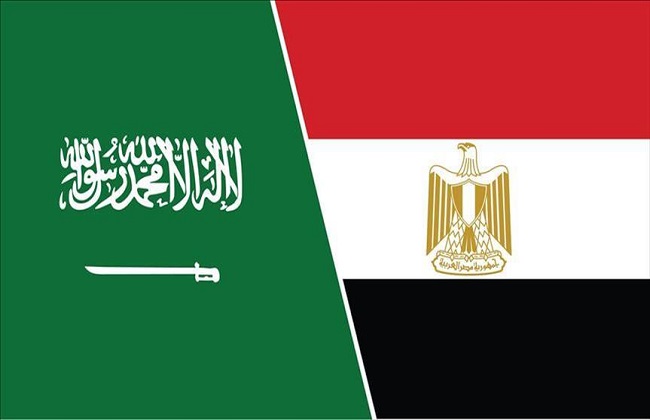The talk about tightening the noose around Turkish goods in Egypt is not spur of the moment. Still, Egyptian merchants complain of administrative harassment upon import from Turkey, against the backdrop of the tension in relations between the two countries since the coup in 2013.
Economists and political analysts say that the Saudi campaign to boycott Turkish goods was launched by official hands to inflict commercial and financial damage to Turkish companies and factories, whose products have the confidence of consumers in the Arab region, during the past years. It was noticeable that the Egyptian media interacted with the news of the Saudi-Emirati boycott campaigns but did not engage as extensively as usual.
The exception came from the presenter Amr Adib, who works for the Saudi-owned MBC Egypt channel, as he was one of the strongest advocates of boycotting Turkey economically, and he devoted much time in his programme to this campaign. As for the popular level, there is no impact of the Saudi and Emirati calls on the ground. On the contrary, social media platforms witnessed an anti-boycott of Turkish goods, and Egyptian activists interacted with it under the tag “The Popular Campaign to Support Turkey.”
The volume of trade exchange between Egypt and Turkey is relatively large. It was not affected in the most challenging circumstances and in fact increased steadily despite the negative politics between the two countries. Egypt is ranked third in the list of the largest Arab importers from Turkey, after Iraq and the UAE, at around $3.3 billion in 2019. Turkey is one of the five most important countries that receive Egyptian exports, with a value approaching $2 billion dollars annually. In general, the value of trade exchange between Egypt and Turkey during the first 10 months of last year increased by 2.7 per cent compared to the same period in 2018. It also recorded about $4.499 billion, noting that it exceeded the $5 billion mark for the whole year.
Some explain the increase in trade exchange volume, despite the tense political relations, by Egypt’s association with Turkey with the free trade agreement signed in December 2005, and which entered into force in March 2007. Since that time, trade and investment between the two countries have flourished. Despite this increase, recently, before the boycott campaign, Turkish and Egyptian investors and merchants complained of some restrictions and obstruction, but this was unofficial, which is very similar to what happened in Saudi Arabia.
According to sources, the crackdown included delaying commercial, customs, and administrative transactions, which bothered Turkish and Egyptian traders and investors alike. They also complain of heavy stress on merchants and investors, especially small traders who face real losses due to rejecting or returning goods or requesting their execution on the grounds of non-compliance with specifications.
For his part, political and economic advisor Hossam el-Shazly expects that Egypt will not be dragged into this economic trap; otherwise, the boycotting countries must pay the price. He added, “I doubt that their current economic capabilities will allow this, and therefore it may be difficult to pressure any other country to participate in this campaign, given the long-term losses that boycotting the Turkish product will cost on the political and commercial levels.” He added, “The Turkish product is an essential component of the Egyptian market, and many complex agreements and partnerships govern it.” He stressed that the UAE and Saudi Arabia resort to the popular artificial dimension to avoid falling into the crisis of breaching international commercial obligations and treaties and intercontinental corporate contracts, indicating that official figures will quickly expose the boycott’s failure.
However, political analyst Ezzat al-Nimr said, “Egypt in the era of Abdel Fattah al-Sisi cannot analyse the trends of performance, as a single unit at the level of the political system or even as a state.” He added, “This talk applies to the calls to boycott Turkish products that spread and started in the Gulf space.” Al-Nimr added, “At the popular level, there is confidence and credibility in the Turkish product, and this sector also will not be affected by the political direction of the state, nor will it participate, nor will it bear with it those political arguments that the ordinary citizen does not give any consideration.”
As for the Turkish businessman and economist Yousuf Kateboglu, he did not rule out putting pressure on Egypt to participate in the boycott, saying, “There is undoubtedly Gulf pressure on Egypt to weaken the Turkish economy.” He added that the Egyptian decision would determine the extent of the response. He expected that it would not be dragged into these pressures because the bilateral trade between Egypt and Turkey exceeds the official figures. He said that there are Turkish investments in Egypt worth billions of dollars, and Egypt is in a position that does not allow it to be dragged behind such calls, especially as trade relations have surpassed the worst in the past.





Recent Comments